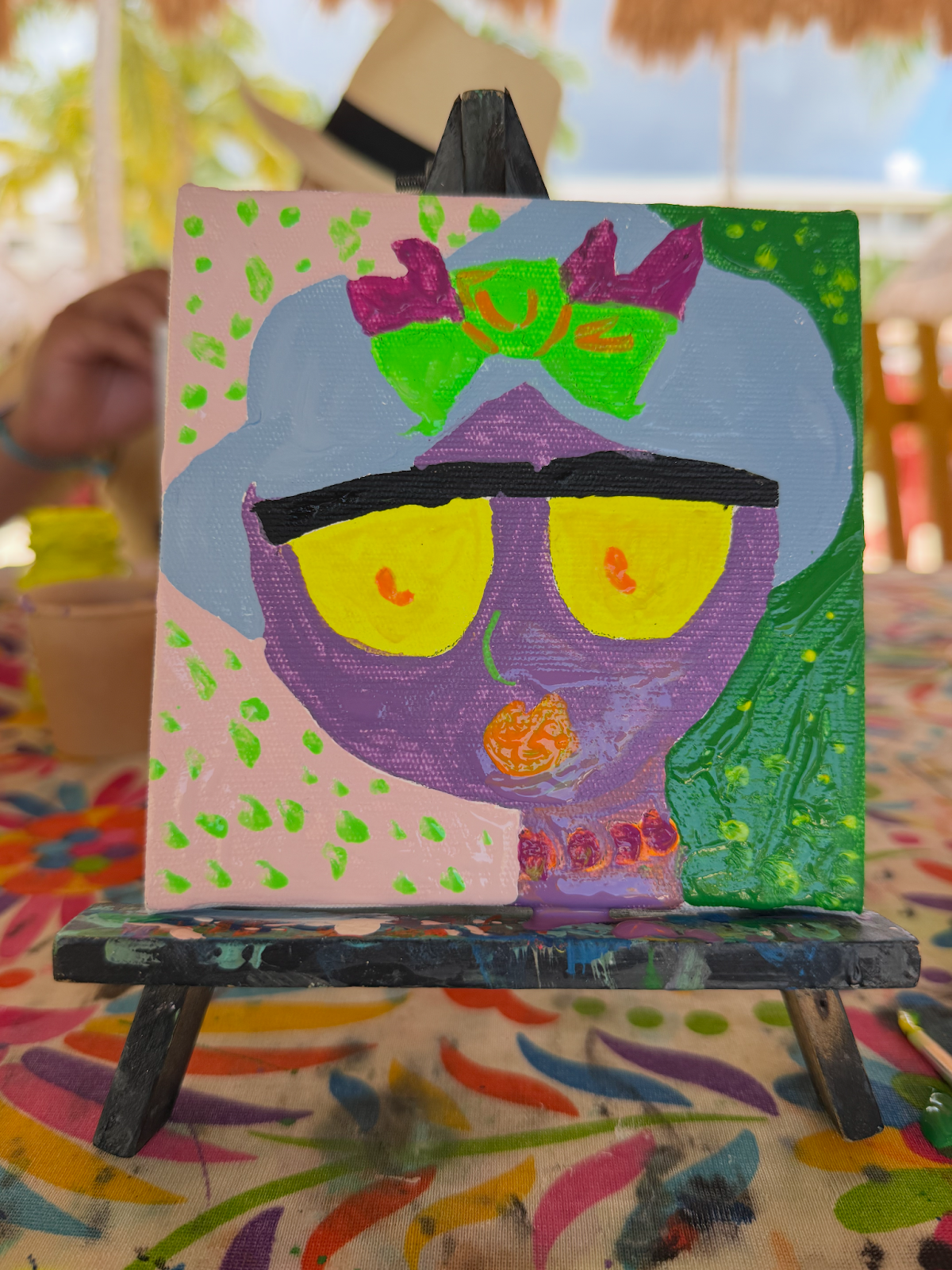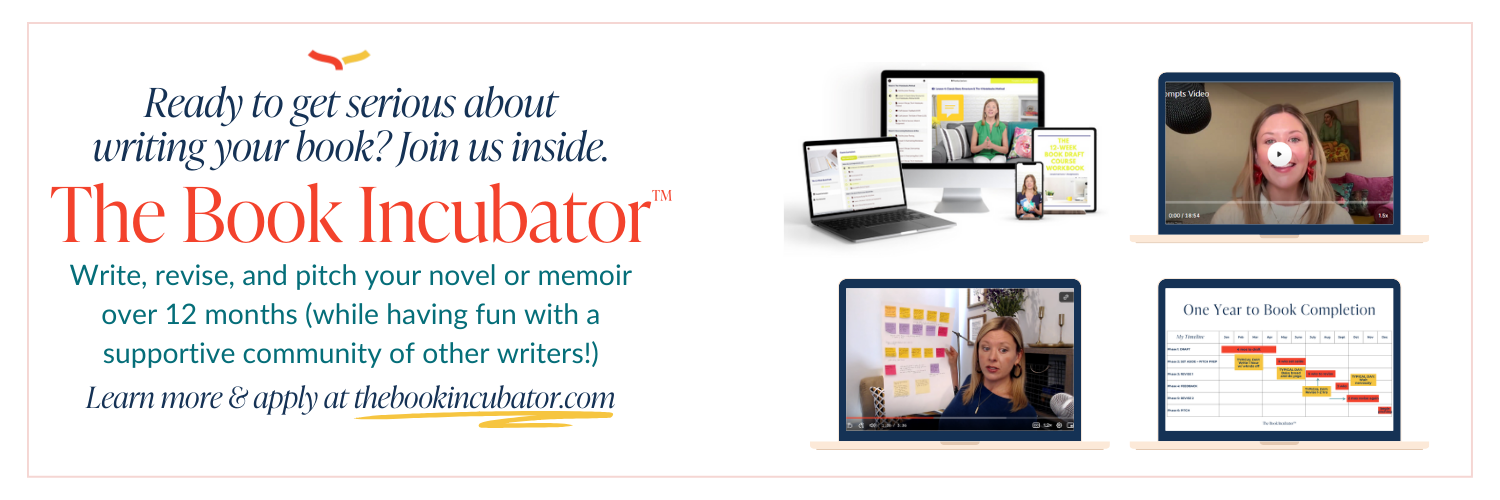Thoughts on Long-Term Goals, Fatigue, and Mindset
Lately I’ve been thinking about long-term goals and how to get my head around them, primarily because summer started, and I realized that everything I wanted to do all of the sudden was a long-term goal.
One, I want to get my house organized. Not one room, but my entire house. I’m someone you might call…not tidy. I accumulate. On the spectrum of hoarding, I would say I’m at the low end, but I’m still on the spectrum, in that I accumulate stuff, and because I don’t know where to put it, it piles up. I have lots of semi-organized piles everywhere, and while this may be okay for some people, I can tell it stresses out Lucas, my husband, and it also kind of stresses me out. So I had decided that summer was going to be when I organize. And now it’s summer, and I am facing…an entire house.
Second, I’ve wanted for several months to resume my French study. If you’ve been around this podcast or just my online world very long, you know that I’ve been trying to learn French for about 100 years, and next month I’m leading a writing retreat in France. I know I’ll feel best when I get over there if I’ve taken some lessons and brushed up on my French before I go.
And finally, I have secretly started watercoloring. It began, as most things do these days for me, with an Instagram ad. I saw this adorable watercolor box for travelers who keep watercolor travel journals and thought, I want to do that! I immediately had a fantasy of sitting across from my kid in France making our little watercolor paintings. Thing is, I don’t paint. I have literally never taken a painting class. I did a paint-by-number of Frida Kahlo on a Mexican vacation earlier this year, and I’ll put here in the blog version of this podcast if you promise not to be too impressed. But c’est tout.
Why Long-Term Goals Feel So Overwhelming
I had an interesting moment about a week ago where I thought, hmm, I don’t really know how to motivate myself to work toward three long-term goals at the same time while also juggling my regular life—emails to respond to, parenting to do, a business to run, etc. All three goals are humbling. I’m going to be bad at them and make a mess before I get better or things get better. This isn’t just a lack of immediate gratification—gratification isn’t even in sight. It’s on the other side of the globe. The Australians are looking at it right now through their telescopes.
Yes, with the house, I can tackle one room at a time, but one room for me isn’t a one-day thing. It’s at least three days because I get distracted and suddenly I’m treating a stain in one corner of the carpet for four hours or trying on every dress I own.
So I thought, wait—I write books. A serious long-term goal, and I’ve now written five. How do I motivate myself to get that done? What keeps me going in the beginning when really I’m just making a mess and there’s no gratification yet?
I couldn’t remember. And so I decided to use a rudimentary approach: willpower.
The Willpower Experiment: What Happens When You Just Start
I would just…start. I went to Michael’s some watercolors. I watched a watercolor tutorial online. I woke up Saturday morning, and I made a little painting.
And then I remembered how I write books. The painting was real bad—I’m not going to show it to you, it was of a photograph of my kid in the pool with his goggles—but I had had a good time. I felt a little rush doing it. I listened to Amy Pohler’s new podcast while I painted, and suddenly an hour had passed, and I had broken the seal.
And it reminded me that when I start a novel, it’s the same way. I do sort of have to muscle my way into writing the first sentence, the second, maybe the twentieth. But at some point, it gets fun. There’s nothing glamorous or inspired about it. It’s really just like putting on my big girl pants and rolling up my sleeves to wash the dishes. But pretty soon, I get that same rush of pleasure, and suddenly I’m enjoying myself enough that I want to do it again.
This, truly, I think is the “trick,” so to speak, to achieving a long-term goal: forget about the goal. Focus on what you like about the process, because that’s what you’re going to be motivated by day to day.
Why “Homework” Doesn't Work for Creative Goals
Years ago a French tutor I’d hired told me as much. I asked her what homework I should be doing everyday and she kind of looked at me curiously and said, if you’re not enjoying it, you’re not going to do it. So she didn’t recommend thinking of anything as “homework.” Truer words have never been spoken in my case; the most French I’ve studied over the past few years is when I’ve gotten hooked on French sitcoms and the language itself becomes incidental to me enjoying watching them. If you want show recommendations, I have them!
Anyway I applied this to my watercolor habit and realized I didn’t want to do the little abstract exercises in the online course I’d bought or paint little flower sets. I wanted to jump straight to painting realistic portraits. Harder? Hell yeah. More fun? Hell yeah. And so I’m going for the harder thing because otherwise I probably won’t do it all.
Many years ago, I did the same thing with fiction. I’d never written a short story that I was proud of—I’d only written a couple at all, and one of them had gotten me a B-minus in the only creative writing class I took in college. But what I wanted to write was a novel. And so I went from zero to sixty when it came to fiction and wrote a novel before I’d ever written a decent short story. And it wasn’t even garbage! It became my first published novel and launched my career. Turned out, mastering the short story wasn’t some kind of rite of passage like the boring painting exercises.
I’m not advocating for delusion around one’s skill level. My watercolor portraits right now are…well let’s just say I haven’t quite nailed facial proportions. But I’m learning in a way that makes me want to keep showing up, and during that critical early period in a long-term project, showing up is the only thing that matters.
Three Ways to Make Writing Something You Look Forward To
To summarize, what are some ways to help you look forward to writing? A few tips:
Be open to different ways of writing. As I talked about in a previous episode this season, I dictated a pretty sizable portion of my last novel. That was the medium I found I could look forward to.
Remember that you can skip around. If you’re in a dark mood, don’t make yourself write a love scene or a fun party scene, or vice versa. You are allowed to let your mood dictate what scenes you write.
(my favorite) If you’re bored, your reader is bored!!! Ask: what makes this story interesting to YOU? Are you writing the equivalent of those boring painting exercises because you feel some kind of obligation to educate the reader or to “establish backstory” or to create “an inciting incident?” Because maybe let yourself say “screw it” to the equivalent of grammar drills or spelling tests and write what lights you up, no matter how crazy or ambitious it seems.
In sum, I think we reach our giant, long-term goals when we make the steps of getting there something we look forward to. Which isn’t to say the work stops being hard. But hard and fun can co-exist. Where can you find the overlap?
Next week, I’ll be talking about what my seven-year-old recently taught me about art. I hope you’ll join me!






